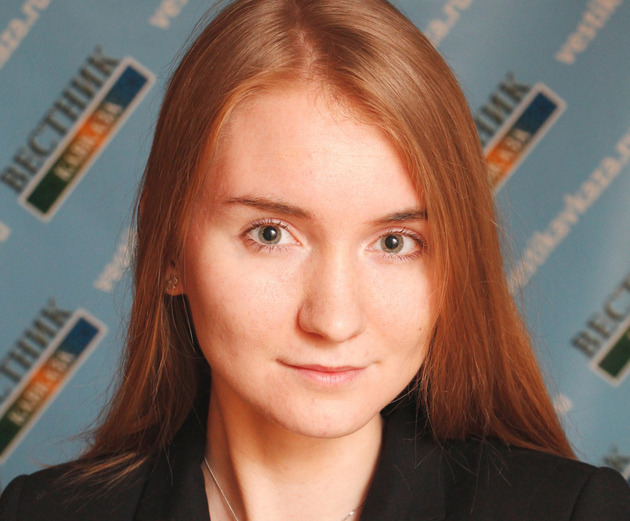Russian-language schools in the post-Soviet space are now trying to cope with the problems that have arisen amid the pandemic and as a result of decisions made by the leadership of some countries, an analyst of Vestnik Kavkaza Marina Lagutina said in the Natsvopros program on Vesti.FM.
“In the post-Soviet space, schools with teaching in Russian have faced the problems caused both by pandemic and leadership decisions. The most resonant news, of course, was the transfer of all schools in Ukraine to teaching in Ukrainian. The country had 125 state and 43 private Russian-language schools. Now, in fact, not a single one is left,” Marina Lagutina said.
"Two days before the start of the school year in the capital of Turkmenistan, Ashgabat, the management of the 64th school announced to parents that it had closed the Russian-speaking department. The formal reason is the too large number of pupils, making it impossible to observe quarantine requirements. The school administration did not find anything better than to dismiss teachers and dissolve students. Parents went to a spontaneous rally, because in such a short time before the start of a school year it is almost impossible to find other Russian-speaking classes. Today, there is only one Russian school in Turkmenistan; and only a few schools in Ashgabat have Russian-speaking departments, " the analyst said.
“The difficult situation with Russian-language education remains in the Baltics, though with some positive developments. For example, in one of the Estonian schools a two-way language immersion program started on September 1. Children with native Estonian and Russian are learning both languages. Half of the school time children communicate with teachers in one language, and then in another. This is the first program of this kind in a state Estonian school, " the analyst of Vestnik Kavkaza noted.
"In Latvia, this year, the number of Russian language lessons has been further reduced - only three hours per week. But the administration of the Latvian city of Rezekne organized free extracurricular classes in Russian language and literature by teachers and parents’ demand. Every week, there will be 40 additional hours that students will be able to attend at their will,” she said.
"In the Caucasus, the school year has not yet begun. Azerbaijan, Georgia and Armenia will open their schools on September 15, but in different ways. In Georgia, teaching in Russian is conducted in more than 50 schools, in 11 schools lessons are exclusively in Russian. In mid-September, children will go to schools, observing the new quarantine measures,” the expert said.
“The Armenian government also decided to restart full-time education on September 15. There are no exclusively Russian-language schools in the country, but some educational institutions have classes with an in-depth study of the Russian language. Before the start of this academic year, the Russian Center for Science and Culture in Yerevan sent to these schools textbooks on the Russian language, essays by Russian classics and books about the Great Patriotic War. By the way, the Russian mission did the same in Kyrgyzstan, Tajikistan, and Uzbekistan, " she added.
"In the South Caucasus, the largest number of children studying in Russian lives in Azerbaijan. More than 300 secondary schools teach in Russian. However, due to the epidemiological situation, not all students will be able to go to school until November. The students will learn distantly, only juniors will go to school on September 15 for 2-3 days a week. Seniors will resume full-time education on October 1. In this test mode, the academic year will last until November 2, after which a new decision will be made taking into account the epidemiological situation,” the analyst of Vestnik Kavkaza said.
"In Kazakhstan, 1,5000 schools with teaching in Russian are working remotely. Primary school students will be able to attend duty classes, but with strict safety measures. The vacation schedule will remain unchanged,” Marina Lagutina concluded.






